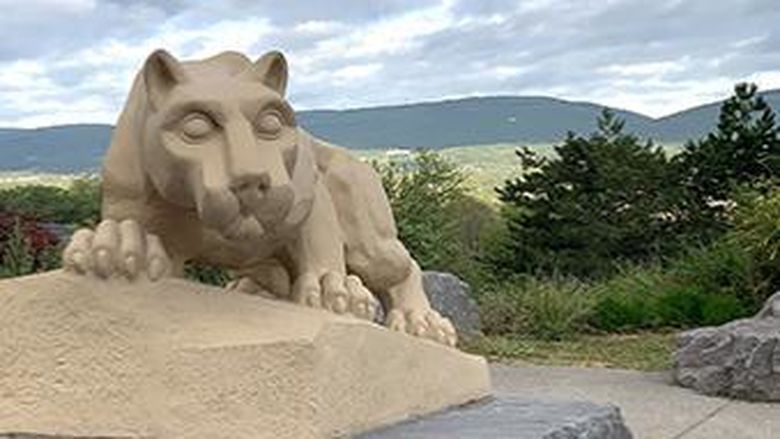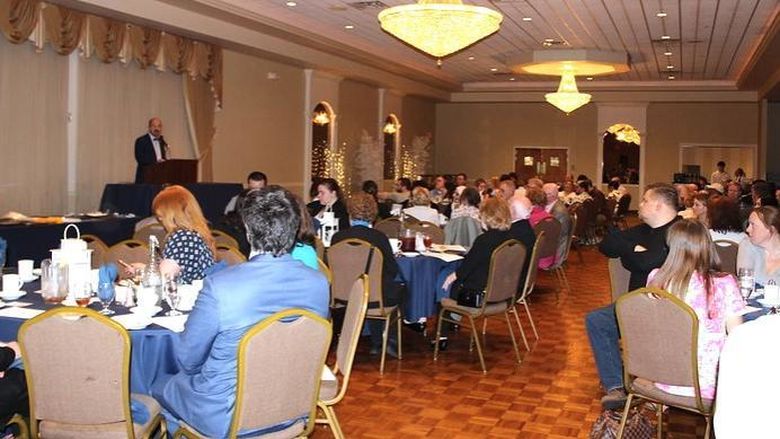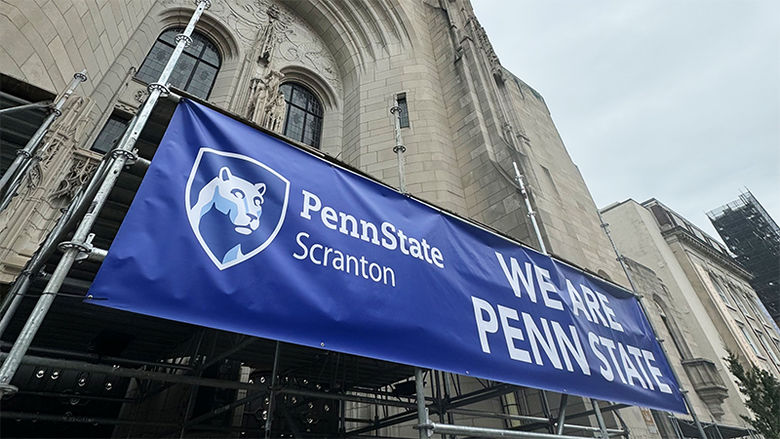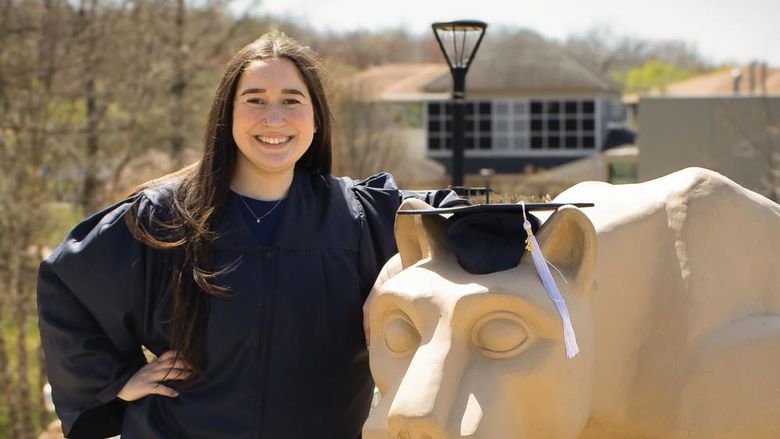Are you interested human behavior?
Psychology is the scientific study of behavior; in particular, how people and other animals relate to one another and the environment through their actions, thoughts, and emotions. Many people associate psychology with psychological therapy and the practice of clinical psychology. There are many important areas of scientific psychology, such as cognitive, developmental, industrial/organizational, and social psychology.
The psychology degree provides students with basic knowledge about behavior, and the opportunity to apply that knowledge. Through their psychology classes and their broader liberal arts background, psychology majors develop a knowledge base consisting of concepts, theory, empirical findings, and trends within psychology.
The program's research focus supports student understanding and application of basic research methods in psychology and the use of critical thinking and the scientific approach to solve problems related to behavior and mental processes. Further, the degree curriculum provides a strong basis on psychological principles related to personal and social issues, gender and sexual orientation, race, ethnicity and culture, and psychological theory and practice.
Students prepare for occupations or graduate training through coursework and are able to further explore these options through the required capstone experience, which involves a senior seminar, research project, or internship. This experience will help students be competitive for graduate programs or the job market.
Psychology Degree at Penn State Scranton
Psychology majors may select from two programs leading to a baccalaureate degree in psychology.
Students can complete either a Bachelor of Arts (B.A.) or Bachelor of Science (B.S.) degree in psychology at Penn State Scranton. The core psychology requirements are the same for the two degrees programs. The B.A. degree incorporates a broad exposure to the many facets of the field of psychology and includes an additional 12 credits of a foreign language and additional arts, sciences, and social and behavioral sciences courses. The B.S. degree provides the same exposure to the field of psychology and adds options in science or business to prepare students for more specific career directions. Students in both degree programs may also prepare for graduate school. Personalized research experience with faculty members is encouraged for such students.
Why major in Psychology?
Psychology is applied in a wide variety of areas with psychology majors going into fields such as higher education, counseling, research, marketing, advertising, teaching, psychological health and well-being, medicine, law, social work, government, and business! Typical work settings for psychologists can vary between hospitals and treatment centers, schools and universities, government offices, industry, and private practice.
Career Options
The regional (Greater Scranton Metropolitan area and Northeastern Pennsylvania counties) job outlook for graduates with a psychology major is strong. These positions include: operations workforce planning; senior director; therapeutic staff support; case management; and mental health and drug and alcohol specialists. Furthermore, state employment projections (2010-20) indicate that the local economy will need approximately 32 additional workers per year who are graduates with an undergraduate psychology degree or related major. The jobs available will be in mental health and substance abuse, social workers, and child, family and school social workers within the Greater Scranton Metropolitan area and the Poconos.
On a national level, entry-level jobs for individuals with bachelor's degrees in psychology include positions in sales, marketing, case management, advertising, and labor relations, among others. It is expected that by the year 2018, psychology jobs will grow by 12%. Additionally, the Bureau of Labor Statistics identifies specific areas of growth in sub-specialties of health, counseling (school counseling and clinical counseling), and industrial/organizational psychology. These projections are even stronger for those attaining graduate degrees.
The psychology undergraduate curriculum prepares students for graduate study in experimental psychology and allied fields (e.g., developmental, social, cognitive, biological, neuroscience and business), clinical psychology, counseling psychology, and sports psychology, and social work.








